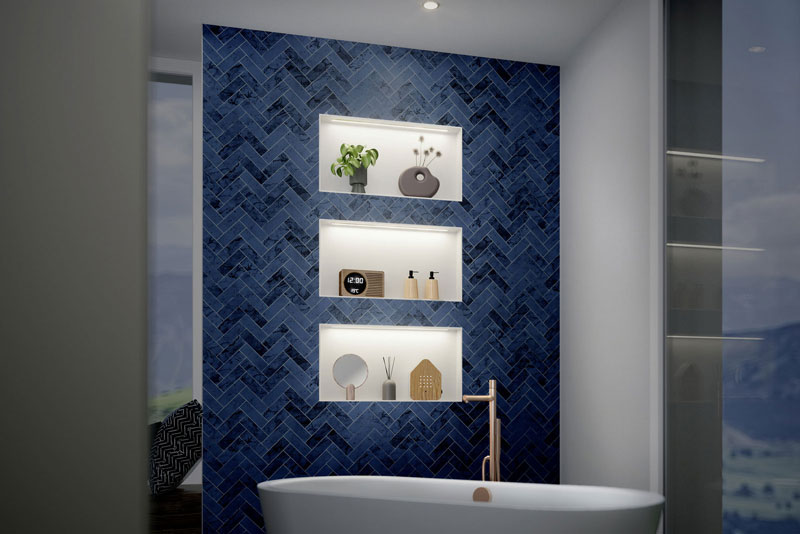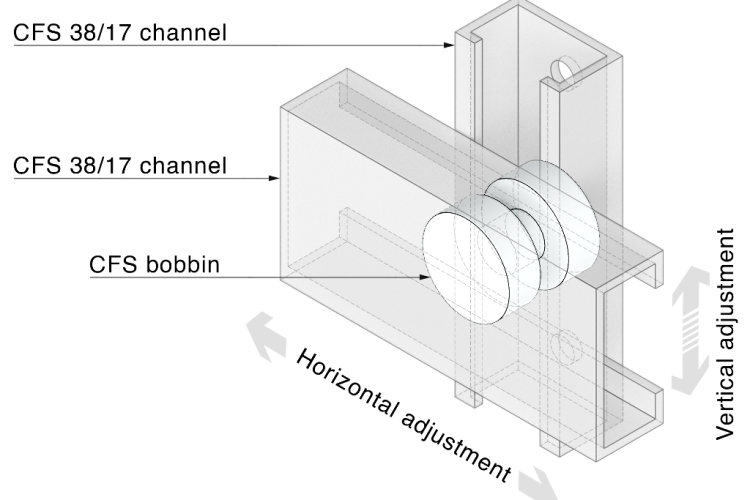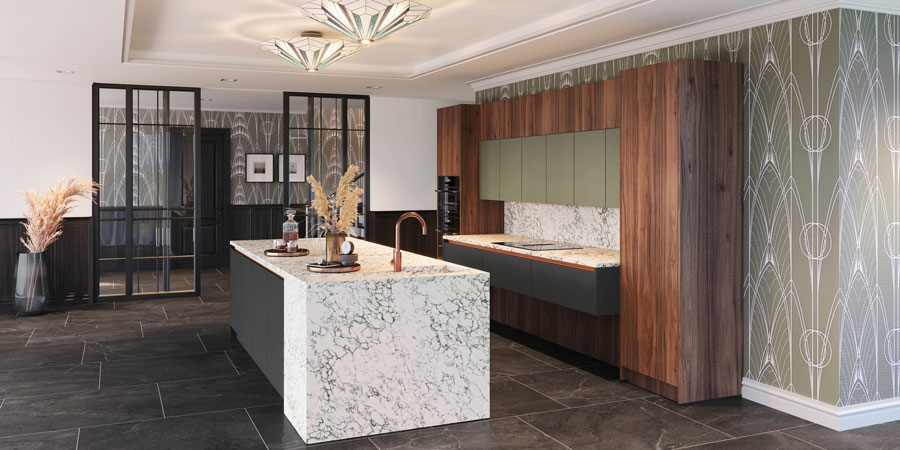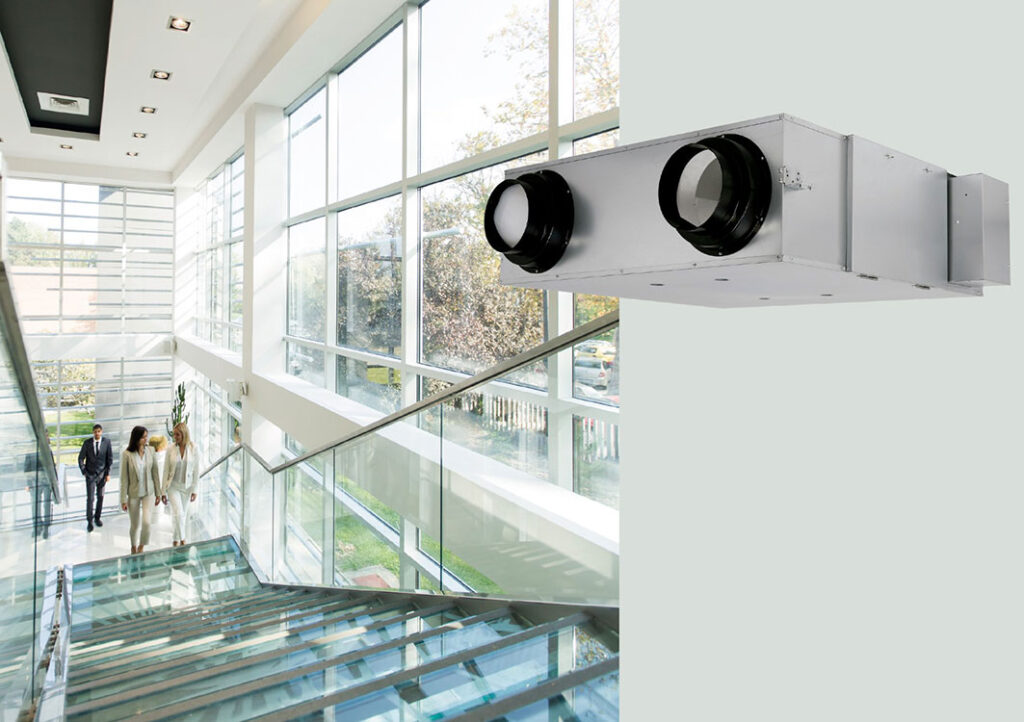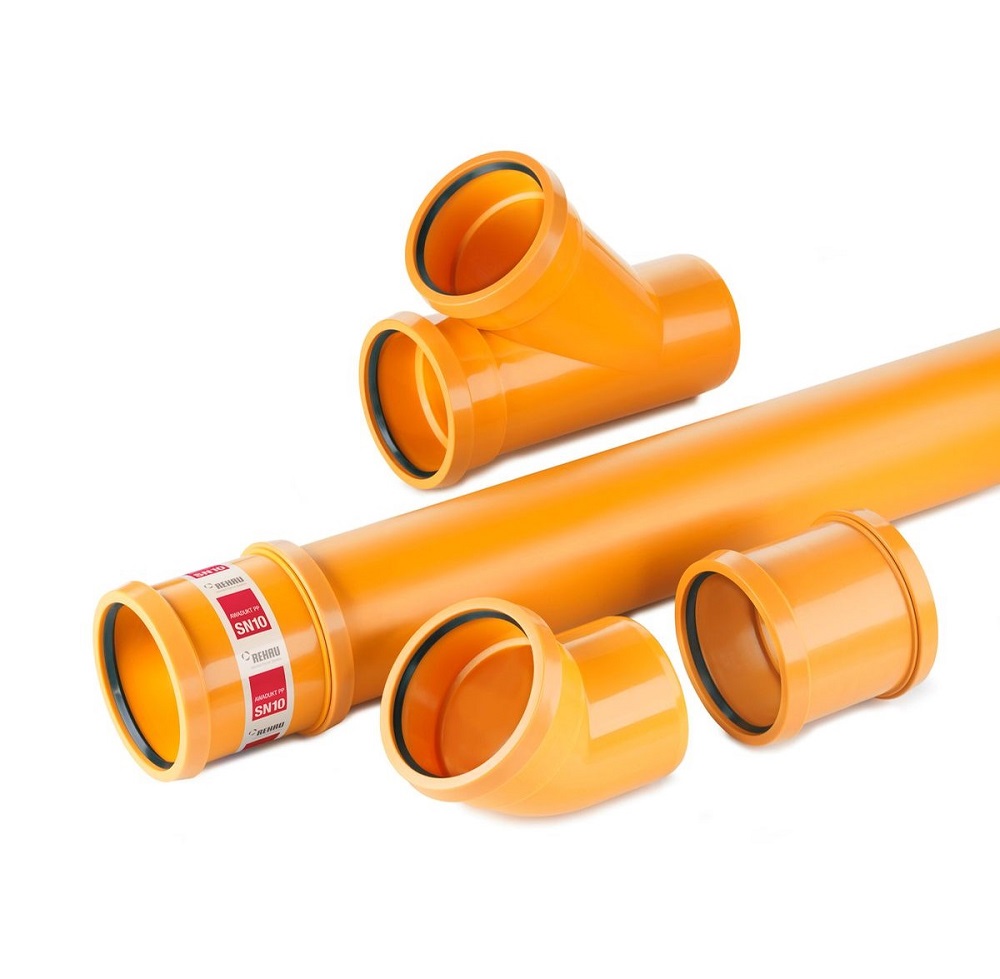Security upgrade
One of the main concerns of the recent coalition government was to simplify regulation. For construction, one of the main weapons of red tape destruction was the Housing Standards Review, which aimed to simplify government regulations and standards into one key set, driven by Building Regulations.
Whether it has been successful or not will be partially seen from October, when doors and (some) windows in new houses in England and Wales will have to meet the latest requirements set out in Approved Document Q (AD Q) of the Building Regulations. This document sets out what it says are “reasonable standards for doors and windows to resist physical attack by a casual or opportunist burglar by being both sufficiently robust and fitted with appropriate hardware.”
There are some exemptions, as the new rules “do not apply to work started before 1 October 2015, or work subject to a building notice, full plans application or initial notice submitted before that date provided the work is started on site before 1 October 2016.” However, that is a minority of projects.
The Government was always clear that it wanted “a single minimum security standard for new homes, based on industry’s best practice”, but at one point, in March 2014, it was torn between applying the standard nationally as a Building Regulation, or whether it would be more proportionate if applied on a local basis.
Obviously, the Government has now opted for the national regulation approach. AD Q applies to any door or window that provides entry into the main property. Therefore, residential patio, French, bi-folding, and communal doors will all have to comply. If there is an interconnecting door between the garage and the property then either the garage doors or the interconnecting door will also have to meet the new standards, which also extend to ground floor windows and other easily accessible windows, such as rooflights.
Expanding on PAS 24
AD Q builds upon what has already been established. For instance, Publicly Available Specification 24 (PAS 24): 2014 is incorporated into the new rules, so that all doorsets and windows have to meet its requirements. It sets out an enhanced security performance test for door assembly requirements. The security tests include manual intervention, mechanical loading and hard and soft body impact. The testing is intense – the mechanical loading tests subject the door set and windows to 4.5 Kn of pressure, roughly 45 times the pressure you would use to tighten a car wheel nut.
The new rules have also taken into account what has been dubbed ‘Hanoi’ thefts, where keys – car keys in particular – are removed through the letter plate from the outside either by hand or with a stick and hook. Now, all letter plates must measure no greater than 260 mm x 40 mm and be designed so that thieves cannot remove keys – with a cowl or some such barrier, for instance.
Visibility is also an important factor – all main doors must have a door viewer unless there is clear glass within the door or a window that is sited next to the doorset. Another barrier to unauthorised entry is the requirement to have either a door chain or door limiter, although there are exceptions to this.
As mentioned above, one of the main standards involved now is the familiar PAS 24, which was upgraded in 2014 so the most recent iteration now covers composite, sliding and bi-folding doors, along with parallel opening windows. This is intended to speed up standardisation, as a document written by stakeholders from the industry and published by BSI, so PAS 24 should represent what the industry believes to be what makes a door and window ‘fit for purpose’.
As ever, “there is no obligation to adopt any particular solution contained in an Approved Document”, and in this case, Secured by Design (SBD) certification is one way which provides a relatively straightforward route to demonstrate compliance, as it incorporates all the requirements of Part Q. However, it does leave some door and window suppliers with a dilemma because, although some might already have certificated their products to ensure that they meet any required standards, others need to work out how they will meet the Part Q requirements.
Industry reaction
There are mixed reactions to the changes. On the one hand, it is easy to argue that they should be welcomed for raising standards of security for doors and ground floor windows across the whole industry, an area that might be argued to have lagged behind in the past. Since AD Q incorporates PAS 24 – and PAS 24 is a standard developed by the industry itself – there should be little cause for complaint.
However, by opting for a nationally applied standard, the Government has chosen to make a whole raft of products illegal for new houses, all in the name of enhanced security. There are good reasons for thinking that this is a case where there should be room to accommodate a little local knowledge and discretion. Overall, though, this upgrade to domestic security must be welcomed, even if there are negative elements to its implementation.















